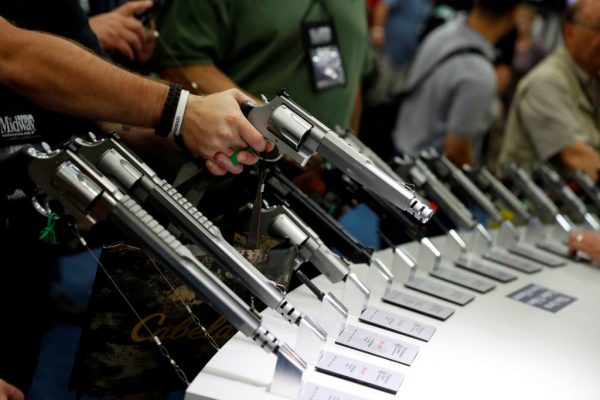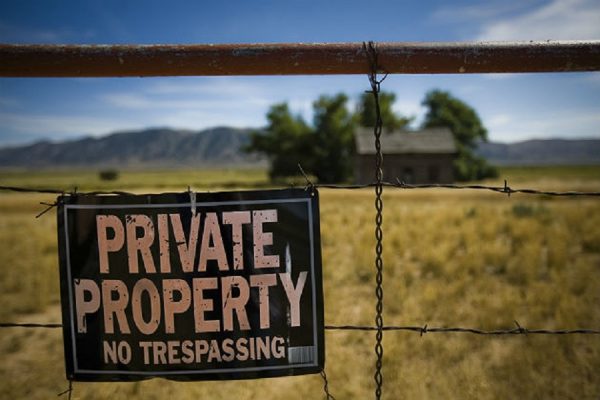In the wake of the Orlando nightclub shooting, Hillary Clinton wondered aloud on Twitter: “If the FBI is watching you for suspected terrorist links, you shouldn’t be able to just go buy a gun with no questions asked.” It’s a fair enough position, given Omar Mateen, the man who massacred 49 people that night, had previously been investigated twice by the FBI for connections to terrorist groups. (Both investigations turned up too little to charge Mateen.)
Clinton’s proposal prompted some interesting questions, like the one from Townhall Political Editor and Fox News contributor Guy Benson: “Tough, serious Q: What level of suspicion (but not proof) is sufficient to deprive a US citizen of a constitutional right?” So could states actually deny gun permits to people who’ve been suspected of having terrorist links? And if so, how would that suspicion be defined?
You’re Not on the List
As Clinton correctly points out, it is currently legal for suspects on the FBI’s terrorist watch list to purchase firearms. Senate Democrats had introduced legislation (first proposed by former President George W. Bush in 2007) to stop suspected or known terrorists from legally buying guns, but Republicans blocked the bill just one day after the mass shooting in San Bernardino.
It’s possible similar federal restrictions will be proposed again after the most recent mass shooting, but it’s not clear whether the statute would’ve helped — Mateen was temporarily placed on the watch list and then removed, sometime in 2013 or 2014. He purchased the guns used in the shooting just weeks before.
Due Process and Gun Rights
It is also unclear whether Congress can deny a person’s Second Amendment rights based solely on suspicion, investigation, or inclusion on the terrorist watch list. In general, the government cannot deprive constitutional rights without due process, meaning that the law must be fair and that the person must be given adequate notice and the ability to contest the denial of rights. The requirement of due process can vary depending on the right being denied: in the criminal context at least law enforcement are required to have reasonable suspicion to detain a person, probable cause to search or arrest a person, and proof beyond a reasonable doubt to imprison a person.
In terms of the right to bear arms, it’s a little murkier. The federal government has broad discretion when it comes to combating terrorism, and could probably deny gun permits to suspects on the terror watch list, so long as it gave those suspects notice and a chance to appeal. In addition, states have their own background check systems and criteria for granting or denying gun licenses.
For example, California runs applicants’ names through the FBI criminal database and “almost 20 other sources, from mental health records to DMV data,” and could presumably use any of that information to bar a person from purchasing a gun. And Hawaii’s system allows state and local law enforcement to track gun owners through an FBI database. So it’s likely that a state could also deny a gun permit based on a person’s inclusion on the FBI terror watch list.
But banning guns for those who have merely been investigated, or added to then later removed from the list? That prospect becomes more difficult, legally and practically.










